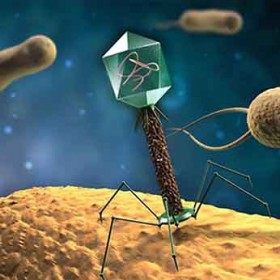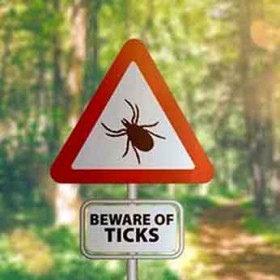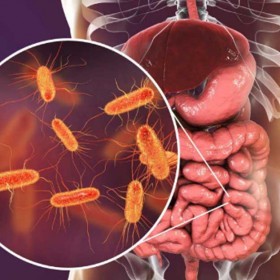All Tests
There are 90 products.
Activated TGF beta1 serum level
TGF-§1: Request Form from EU
TGF-§1: Request Form from USA
Serum-based tests : 2 ml SERUM. Centrifuge immediately after clotting. Keep at ambient temperature or 4°C for 24h. For longer periods, aliquot, freeze and ship frozen.
TGF-§1: Request Form from USA
Serum-based tests : 2 ml SERUM. Centrifuge immediately after clotting. Keep at ambient temperature or 4°C for 24h. For longer periods, aliquot, freeze and ship frozen.
Schistosomiasis (Bilharziosis) serology (SCHIS)
Schis:Request Form from EU
Schis: Request Form from USA
SERUM-BASED TESTS : Sample required: 2 ml serum. Stable for 24 hours at ambient temperature, for one week at 4°C. For longer periods, centrifuge, aliquot & freeze.IMMUNOASSAYS
Schis: Request Form from USA
SERUM-BASED TESTS : Sample required: 2 ml serum. Stable for 24 hours at ambient temperature, for one week at 4°C. For longer periods, centrifuge, aliquot & freeze.IMMUNOASSAYS
Autoimmune Brain Panel (formerly Cunningham Panel)
Request Form
THE CUNNINGHAM PANEL™ - Autoantibody testing for neuropsychiatric symptoms. Read more
Please contact us at info@redlabs.be for further details and/or to order the kit.
THE CUNNINGHAM PANEL™ - Autoantibody testing for neuropsychiatric symptoms. Read more
Please contact us at info@redlabs.be for further details and/or to order the kit.
Mitoswabplus
We are excited to introduce MitoSwab™, a groundbreaking and non-invasive test designed to assess mitochondrial function. This innovative test provides a simple, painless cheek swab (from the buccal mucosa) to analyze the activity of key enzymes within your mitochondria. By measuring these enzyme activities, MitoSwab™ offers valuable insights into mitochondrial health, without the need for an invasive muscle biopsy.
Mitoswab Request Form
Mitoswab Flyer
Mitoswab scientific article
Mitoswab test results
Mitoswab Request Form
Mitoswab Flyer
Mitoswab scientific article
Mitoswab test results
IGeneX
Exciting News: R.E.D. Laboratories (RED Labs) Partners with IGeneX to Bring Advanced Diagnostic Testing to Europe, Africa, and the Middle East!
We are thrilled to announce a groundbreaking collaboration between RED Labs and the globally renowned IGeneX, marking a major milestone in our commitment to providing cutting-edge diagnostic solutions. Through this partnership, European, African, and Middle Eastern customers can now access IGeneX’s advanced testing panels directly through RED Labs!
Request Form
Tests done by partner labs in the USA
We are thrilled to announce a groundbreaking collaboration between RED Labs and the globally renowned IGeneX, marking a major milestone in our commitment to providing cutting-edge diagnostic solutions. Through this partnership, European, African, and Middle Eastern customers can now access IGeneX’s advanced testing panels directly through RED Labs!
Request Form
Tests done by partner labs in the USA
Parasites and Helminths Panel PCR
COMBO PCR Tests for Parasites and Helminths: (Giardia intestinalis,Blastocystis hominis, Entamoeba histolytica, Dientamoeba fragilis, Cryptosporidium spp, Cyclospora ayetanensis, Enterocytozoon spp/ Encephalitozoon spp, Strongyloides spp, Hymenolepis spp, Ascaris spp, Taenia spp, Trichuris trichiura, Ancylostoma spp, Enterobius vermicularis, Necator americanus)
Request Form: ParasPCR









